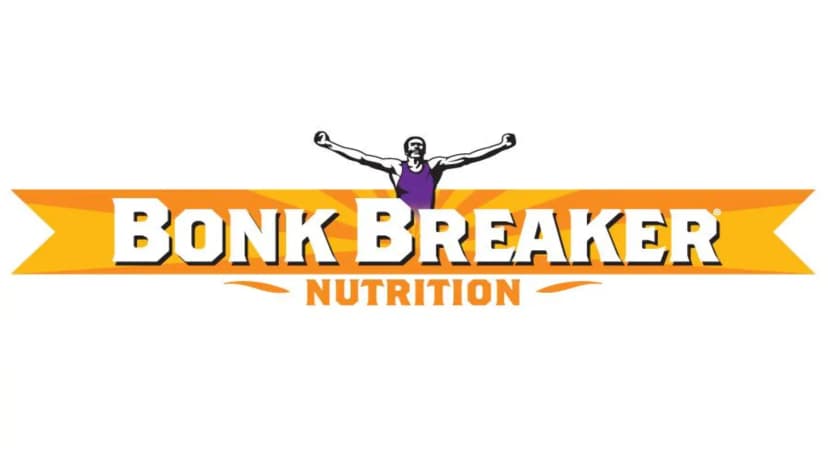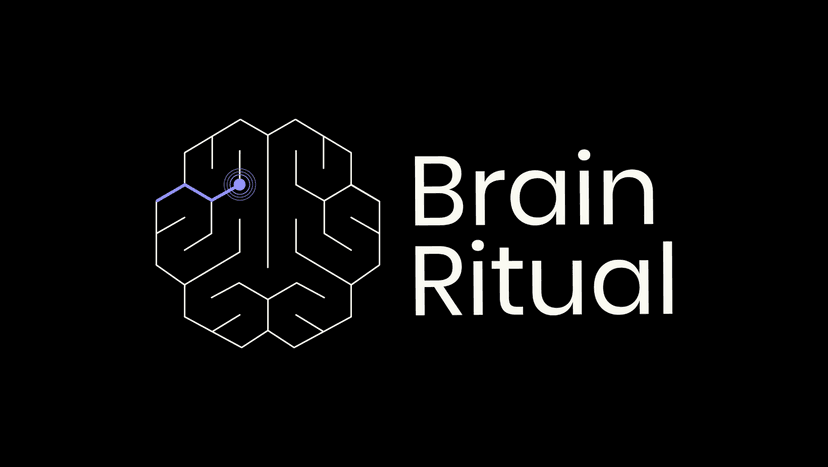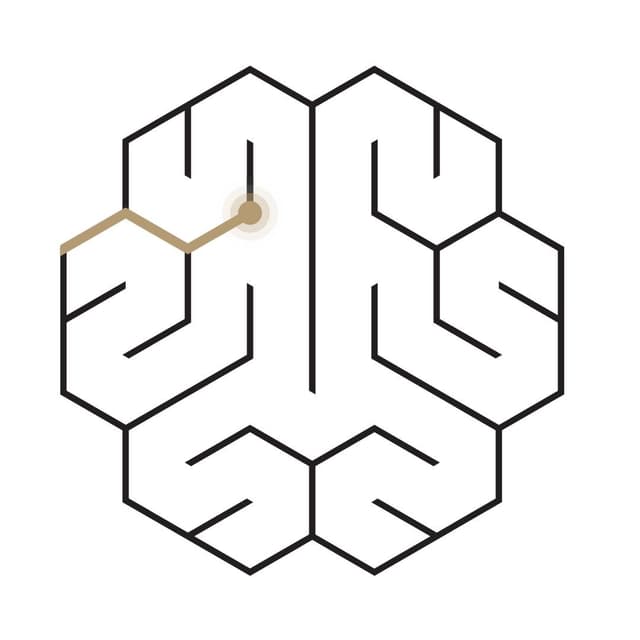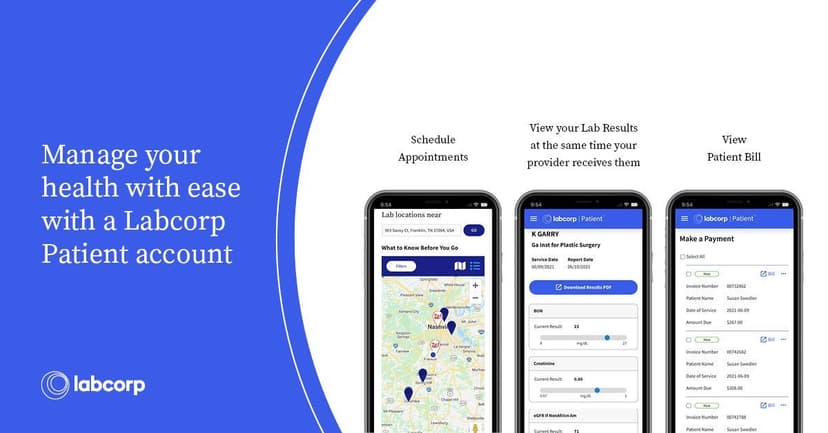Protein is a crucial nutrient that our bodies need for various functions, including muscle repair, growth, and overall health. Whether you're an athlete, a bodybuilder, or someone looking to improve your diet, understanding how much protein you need, the best types to consume, and the optimal times to eat it can help you achieve your goals. This article will break down everything you need to know about protein intake, from daily requirements to the best sources and timing strategies.
Key Takeaways
- Your overall protein intake is more important than the specific timing of consumption.
- Eating protein at certain times can help with muscle gain and exercise recovery.
- Animal-based proteins, plant-based proteins, and supplements each offer unique benefits.
- Regular protein intake throughout the day is ideal for muscle growth and performance.
- Incorporating protein into every meal can support weight loss and overall health.
Understanding Your Daily Protein Needs
Factors Influencing Protein Requirements
Your daily protein needs depend on several factors, including age, health status, and activity level. It's important to consider these factors to determine the right amount of protein for you. For example, athletes and active individuals generally require more protein than sedentary people. Additionally, older adults may need more protein to maintain muscle mass and overall health.
Recommended Daily Allowance (RDA)
The Recommended Daily Allowance (RDA) for protein is 0.8 grams per kilogram of body weight. However, this amount may underestimate the needs of healthy, sedentary adults. Instead, aiming for 1.2–1.8 grams per kilogram (0.54–0.82 grams per pound) is often more appropriate.
| Goal | Protein Intake (g/kg) |
|---|---|
| Maintenance | 1.2–1.8 |
| Muscle Gain | 1.2–1.8 |
| Fat Loss | 1.2–1.8 |
Adjusting Protein Intake for Activity Levels
If you're active, you might need more protein to support muscle repair and growth. On the other hand, if you're less active, your protein needs might be lower. It's crucial to adjust your protein intake based on your activity level to ensure you're meeting your body's needs.
Remember, the best way to meet your daily protein needs is by consuming a variety of protein-rich foods like lean meat, fish, beans, nuts, and legumes. Spreading your protein intake throughout the day can also help you achieve your goals.
Best Types of Protein for Different Goals
Animal-Based Proteins
Animal-based proteins are often considered complete proteins because they contain all the essential amino acids your body needs. These proteins are great for muscle building and repair. Common sources include chicken, beef, fish, eggs, and dairy products like milk and cheese.
Plant-Based Proteins
Plant-based proteins are ideal for those following a vegetarian or vegan diet. While some plant proteins may lack one or more essential amino acids, combining different sources can provide a complete protein profile. Examples include beans, lentils, tofu, tempeh, and quinoa.
Protein Supplements
Protein supplements can be a convenient way to meet your daily protein needs, especially if you have a busy lifestyle. They come in various forms such as whey, casein, and plant-based powders. These supplements are particularly useful for athletes and those looking to build muscle mass quickly.
Whether you choose animal-based, plant-based, or supplemental protein, the key is to ensure you're getting a balanced intake to meet your specific health goals.
Optimal Protein Timing for Muscle Gain
Pre-Workout Protein Intake
Consuming protein before a workout can help prime your muscles for growth. Eating a small protein-rich snack 30 minutes to an hour before exercising can provide your muscles with the amino acids they need to start the repair process. This can be as simple as a protein shake or a handful of nuts.
Post-Workout Protein Intake
The period right after your workout, often called the "anabolic window," is a crucial time for muscle recovery. Many fitness enthusiasts recommend consuming protein within 15-60 minutes post-exercise. This helps to replenish muscle protein stores and kickstart the repair process. Recent studies suggest that this window might be larger than previously thought, but it's still a good idea to get your protein soon after working out.
Consistent Protein Intake Throughout the Day
While timing your protein around workouts is important, the total amount of protein you consume throughout the day plays a bigger role in muscle gain. Aim to include protein in every meal and snack to ensure your muscles have a steady supply of amino acids. This can be achieved through balanced meals and healthy snacks like yogurt, cheese, or protein bars.
Remember, the key to muscle gain is not just when you eat protein, but also how much you consume over the course of the day. Balancing your intake can help you achieve your fitness goals more effectively.
Protein Timing for Weight Loss
Protein-Rich Breakfasts
Starting your day with a protein-rich breakfast can help you feel full and satisfied, reducing the urge to snack later. Including protein in your morning meal can also help stabilize blood sugar levels, which is important for managing hunger and energy levels throughout the day. Some great options for a protein-packed breakfast include eggs, Greek yogurt, and protein smoothies.
Protein Intake During Meals
Incorporating protein into every meal can support weight loss by promoting feelings of fullness and reducing overall calorie intake. Aim to include a source of protein, such as chicken, fish, beans, or tofu, in each meal. This approach helps maintain muscle mass while losing fat, which is crucial for a healthy metabolism.
Evening Protein Consumption
Consuming protein in the evening can be beneficial for weight loss as it helps keep you full overnight and reduces the likelihood of late-night snacking. Consider having a light protein-rich snack, like cottage cheese or a small protein shake, before bed. This can also support muscle repair and growth during sleep.
Remember, the key to effective weight loss is not just when you eat protein, but ensuring you get enough protein throughout the day. Distributing your protein intake evenly can help you stay full and support your weight loss goals.
How to Incorporate Protein into Your Diet
Meal Planning with Protein
Planning your meals around protein can help you meet your daily needs. Start by including a source of protein in every meal. This could be eggs for breakfast, chicken for lunch, and fish for dinner. Balancing your meals with protein can keep you full and satisfied.
Healthy Protein Snacks
Snacking on protein-rich foods can help curb hunger between meals. Some great options include Greek yogurt, nuts, and cheese. These snacks are not only tasty but also help you stay on track with your protein goals.
Balancing Protein with Other Nutrients
While protein is important, it's also crucial to balance it with other nutrients. Make sure your diet includes a variety of fruits, vegetables, and whole grains. This ensures you get a well-rounded intake of vitamins and minerals.
Remember, a balanced diet is key to maintaining good health. Including a variety of protein sources can make your meals more enjoyable and nutritious.
Common Myths About Protein Consumption
Myth: More Protein Equals More Muscle
Many people think that eating more protein will automatically lead to more muscle. However, your body can only use a certain amount of protein for muscle building. The rest is either used for energy or stored as fat. It's important to balance your protein intake with other nutrients and exercise.
Myth: Protein Timing is Crucial
Some believe that you must eat protein at specific times to gain muscle or lose weight. While timing can help, it's more important to meet your daily protein needs. Eating protein throughout the day can be just as effective.
Myth: Only Animal Protein is Effective
There's a common belief that only animal-based proteins are good for muscle building. In reality, plant-based proteins can be just as effective if you eat a variety of them. Combining different plant proteins can give you all the essential amino acids your body needs.
Remember, it's not just about how much protein you eat, but also the quality and variety of your protein sources.
Conclusion
In summary, while the exact timing of protein intake can have some benefits, the most important factor is ensuring you get enough protein throughout the day. Whether your goal is to lose weight, build muscle, or simply stay healthy, spreading your protein intake across meals can help you achieve your objectives. Remember, the type of protein you choose and the amount you consume are crucial too. By understanding your body's needs and planning your protein intake accordingly, you can make the most of this essential nutrient.
Frequently Asked Questions
How much protein do I need each day?
The amount of protein you need depends on factors like your age, gender, and activity level. Generally, the Recommended Daily Allowance (RDA) is 46 grams for women and 56 grams for men.
Is it better to get protein from food or supplements?
It's usually best to get protein from whole foods like meat, fish, eggs, beans, and nuts. However, supplements can be helpful if you have trouble meeting your protein needs through food alone.
When is the best time to eat protein for muscle gain?
Eating protein shortly after a workout can help with muscle repair and growth. Consistent protein intake throughout the day is also important for maximizing muscle gains.
Can I eat too much protein?
Yes, eating too much protein can put stress on your kidneys and may lead to other health issues. It's important to balance your protein intake with other nutrients.
Are plant-based proteins as effective as animal-based proteins?
Yes, plant-based proteins can be just as effective as animal-based proteins. They can offer additional health benefits like fiber and antioxidants.
Does protein timing really matter?
While the timing of protein intake can help with specific goals like muscle gain, overall daily protein consumption is more important for general health.
























